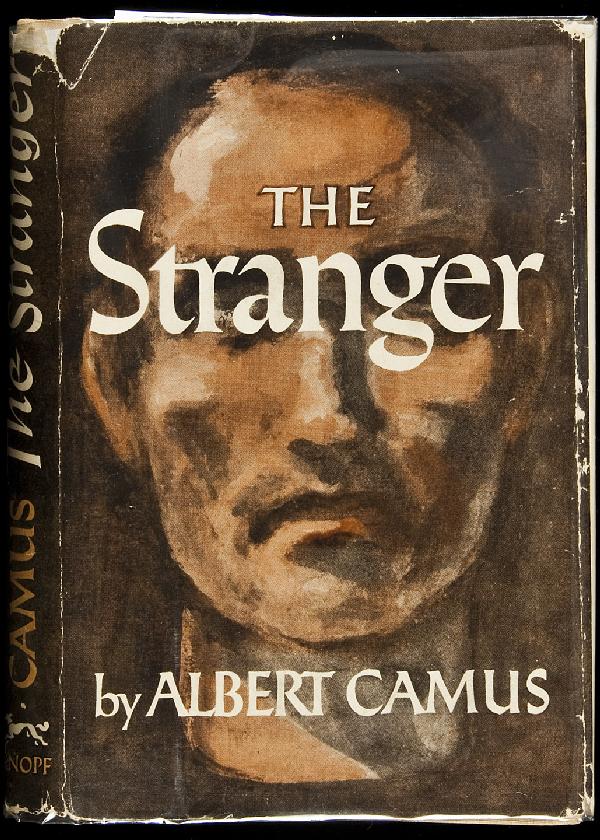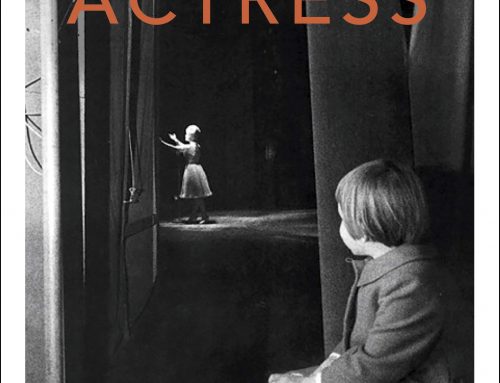Albert Camus’s “The Stranger” was the Book of the Month, chosen to discuss on Wednesday, March 22, by the Reading Club of the British Club of Las Palmas.
Albert Camus, was born in Mondovi, French Algeria, on November 7, 1913. He died in Villeblevin, France, on January 4, 1960.
He was a novelist, essayist, playwright, philosopher and journalist. The conceptions of Camus were formed under the influence of Schopenhauer, Nietzsche and German existentialism.
He contributed to the conformation of the philosophical thought known as absurdism. He has been frequently associated with existentialism, although Camus always considered himself alien to him. Despite his conscious distance from nihilism, he rescues the idea of individual freedom.
He was part of the French Resistance during the German occupation, and was related to the libertarian movements of the postwar period. In 1957 he was awarded the Nobel Prize for Literature for “the whole of a work that highlights the problems that arise in the consciousness of men today”.
The novel “The Alien” (1942), shows the alienation of the twentieth century, from a character who has been interpreted as the image of what Camus conceived as the absurd man. In this work, Camus explores the idea of action without meaning within the consciousness of the absurd.
The protagonist is sentenced to death but, rather than killing a man (an anonymous Arab), the sentence responds to the fact that he never says more than what he feels, and that he does not conform to the demands of his society.
“The Stranger,” was brought to the cinema in 1967 by Luchino Visconti and played by Marcello Mastroianni and Anna Karina. It was nominated to the Golden Lion, but without much success, perhaps for how difficult it is to film this work cinematographically.
A very successful attendance of members of the Reading Club at the British Club, directed by Mari Lola Mejías, mainly women who had read The Book of the Month, and participated in the lively debate, after the documented exposition of Margarita Curbelo, the complicated Work (as his life), a Nobel Prize in Literature, the importance of the French Albert Camus.








